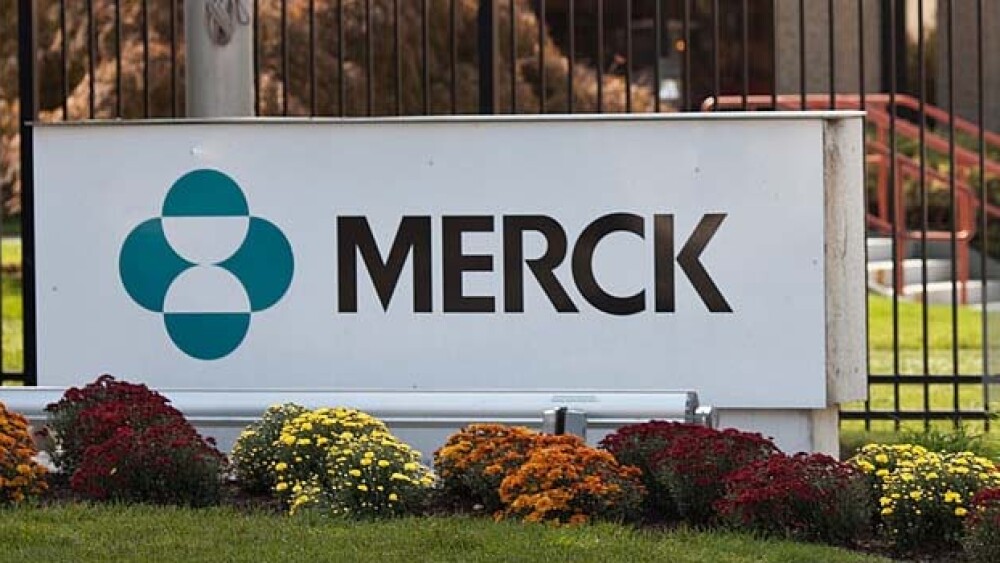Merck and Co., like many large corporations, has a mandatory retirement age of 65 for its chief executive officer. Today the company announced its board of directors and rescinded the policy to allow its current chief executive officer, Kenneth C. Frazier, stay on beyond his 65th birthday in December 2019.
Merck & Co., like many large corporations, has a mandatory retirement age of 65 for its chief executive officer. Today the company announced its board of directors has rescinded the policy to allow its current chief executive officer, Kenneth C. Frazier, stay on beyond his 65th birthday in December 2019.
Which raises the question: Is this common?
And the answer appears to be, yes, sort of.
Pfizer’s chief executive officer Ian Read, who is either 64 or 65 this year—sources don’t seem to have it pinned down—was expected to retire, because of the company’s mandatory retirement age. But, earlier this year, the company offered Read a bigger payday to keep him around until at least March 31, 2019, and also to keep him from working for a competing company through March 31, 2021. This involved a 61 percent increase in compensation to $27.9 million.
A 2016 article in the Harvard Business Review (HBR) noted that more than a third of S&P 500 companies have mandatory retirement policies for their CEOs. But the HBR notes that a paper published in the Journal of Empirical Finance “found that mandatory retirement helped firms avoid the declining performance associated with older CEOs. But they also found evidence for the importance of executive experience for a company’s financial success.”
The overall findings were that companies with older CEOs generally performed worse than companies with younger CEOs. But like most research, the devil is in the details. The researchers used Tobin’s Q, a method of comparing a company’s market valuation to the value of its assets. And one problem with the study is that typically younger CEOs are attracted to faster-growing companies. “But even after accounting for that,” HBR writes, “Cline and Yore found that, all else equal, every additional year in CEO age was associated with a 0.3 percent decrease in firm value for public companies in the S&P 1500 between 1993 and 2005. Older CEOs were also less ‘active,’ as measured by a mix of hiring, firing, mergers, joint ventures, and more.”
What appears to be the case is that companies with mandatory CEO policies give themselves the option of rescinding the mandatory policy if the board decides the CEO is doing a good job (or, perhaps, that there are other things going on in the company that require stability rather than a change in executives). But if the board wants fresh blood at the top, all they have to do is point to the policy, offer the exec a gold watch and a going-away party and they’re good to go.
HBR writes, “Mandatory retirement policies are typically aimed at executives near that age, so it’s plausible that such policies could help address this underperformance. (Although age discrimination is illegal in the U.S., an exemption permits involuntary retirement for high-level executives.) Sure enough, the researchers found that the negative correlation between CEO age and firm performance disappeared when they looked just at companies with mandatory CEO retirement policies. Mandatory retirement seemed to be helping firms with older CEOs avoid the underperformance trap.”
Leslie A. Brun, lead director, speaking for Merck’s board of directors, stated, “CEO succession has been our top priority, and removing the mandatory retirement policy enables the board to make the best decision concerning the timing of that transition. Ken’s unwavering dedication over the years to Merck’s mission of delivering innovative medicines and vaccines has helped drive value for shareholders and patients. We look forward to Ken’s continuing leadership and the impact it will have.”
Frazier took the reins of Merck in 2011. Since then the company stock has almost doubled.





